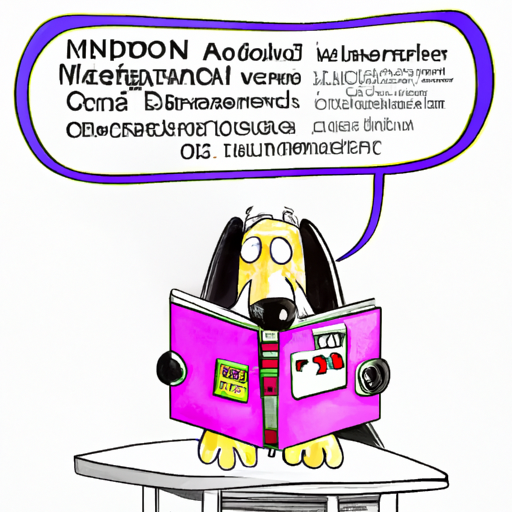Overview of Metronidazole
Metronidazole is an antibiotic and antiprotozoal medication often used in veterinary medicine. It’s a potent drug that can help your dog recover from infections and diseases that could be potentially life-threatening.
Metronidazole is primarily used to treat:
- Bacteria and parasites in the gastrointestinal tract
- Infections of the mouth, bones, and skin
- Certain types of diarrhea
How Metronidazole Works
Metronidazole works by disrupting the DNA of the bacteria or protozoa. By causing a break in their genetic material, it inhibits their ability to reproduce and thrive, thus helping your dog’s body to fight off the infection.
The Importance of Following the Prescription
When your vet prescribes metronidazole, it’s crucial that you follow the prescription to the letter. This includes:
- Giving the right dosage: Too much can be toxic, while too little might not be effective.
- Administering the medication at the right times: Irregular timings could lead to a resurgence of the infection.
- Completing the full course: Stopping the medication prematurely could lead to antibiotic resistance.
Possible Side Effects
Like any medication, metronidazole can cause side effects. Most dogs tolerate it well, but some may experience:
- Vomiting or loss of appetite
- Drooling or increased thirst
- Lethargy or weakness
If you notice any of these symptoms, contact your vet immediately.
FAQ
Q: Can I give my dog metronidazole without a vet prescription?
A: No. Metronidazole is a prescription medication and should only be given under veterinary supervision.
Q: What should I do if I miss a dose?
A: If it’s close to the next dose, skip it. If not, give it as soon as you remember. Don’t double up on doses.
Q: Can metronidazole cause long-term effects in my dog?
A: Generally, no. But prolonged high doses can lead to neurological issues. Always follow your vet’s instructions.
Q: What if my dog accidentally ingests more than the prescribed dose?
A: Contact your vet or a pet poison control center immediately.
Remember, as a caregiver, your role is pivotal in your pet’s health. Always consult with your vet and follow their advice to help your furry friend stay happy and healthy.



